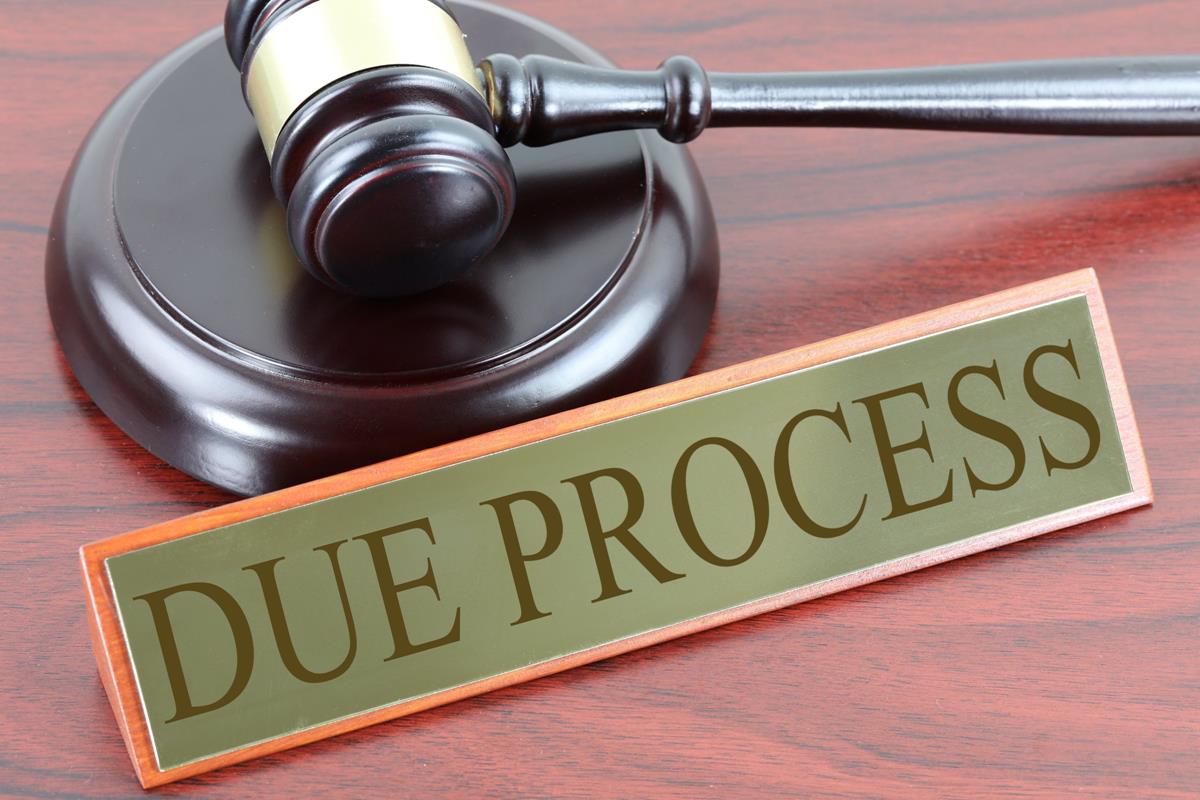The decision to purchase a property in the United Kingdom is a significant and complex one that necessitates careful consideration and planning. Whether you are a first-time buyer or an experienced investor, understanding the essentials of the UK property market is crucial to ensure a successful purchase. In this comprehensive guide, we will walk you through the essential aspects of UK property purchases, providing valuable insights and expert advice to help you navigate through the intricacies of the process. From understanding the different types of properties available, to deciphering the legalities and financial considerations involved, this article aims to equip you with the necessary knowledge and tools to make informed decisions. So, whether you dream of buying a quaint cottage in the countryside or a contemporary apartment in the heart of London, join us as we delve into the essential guide to UK property purchases and embark on this exciting journey together.
Budgeting for Your UK Property Purchase
Buying property in the UK is an exciting prospect, but it’s essential to have a clear budget in place to ensure a successful and stress-free purchase. Here are some crucial factors to consider when :
Property Price:
The first step in budgeting for your property purchase is determining how much you can afford. Consider your current financial situation, including savings, income, and expenses. Research property prices in the areas you’re interested in to gauge a realistic purchase range.
Mortgage Costs:
When calculating your budget, it’s important to factor in the additional costs associated with securing a mortgage. These can include arrangement fees, valuation fees, and legal fees. If you plan to use a mortgage broker or financial advisor, their fees should also be considered.
Stamp Duty Land Tax (SDLT):
SDLT is a tax paid when buying a property in the UK, and the amount depends on the property’s purchase price. It’s crucial to understand the SDLT rates and thresholds to estimate this cost accurately. Use an SDLT calculator to determine the amount payable.
Conveyancing Fees:
Conveyancing is the legal process involved in buying a property. Conveyancing fees cover the solicitor’s or licensed conveyancer’s services. Research conveyancing quotes from different firms, ensuring they outline all costs involved, such as searches and disbursement fees.

Understanding the UK Property Market: Key Factors to Consider
Key Factors to Consider in the UK Property Market
When delving into the UK property market, there are several key factors that potential buyers and investors should take into account. Understanding these factors can help guide your decision-making process and ensure a successful investment in this dynamic market.
1. Location: One of the most crucial factors to consider is the location of the property. The UK property market varies significantly depending on the region and city. Researching and understanding the local area’s economic prospects, infrastructure, and amenities is essential. Factors like proximity to schools, transport links, and employment opportunities can significantly impact property values and rental demand.
2. Market Trends: Keeping an eye on market trends is another essential aspect of understanding the UK property market. Monitoring factors such as supply and demand dynamics, property price trends, and rental market growth can provide insights into the market’s overall health and investment potential. Paying attention to any regulatory or legislative changes, such as tax reforms or government initiatives, can also give you an edge in making informed decisions.
3. Property Type: The type of property you choose to invest in is crucial. The UK property market offers a diverse range of options, from residential houses and apartments to commercial properties and buy-to-let opportunities. Understanding the pros and cons of each property type and assessing your investment goals, rental yields, and capital growth expectations can help you select the right property for your needs.
4. Financing and Affordability: Lastly, it is essential to evaluate your financing options and consider the affordability of the property within your budget. Understanding mortgage rates, down payment requirements, and associated costs, such as conveyancing fees and stamp duty, is vital. Be sure to calculate the potential return on investment and consider any potential risks to make an informed decision about the property’s affordability.
By considering these key factors in the UK property market, you can navigate through the complexities of property investment with confidence and increase your chances of a successful venture. Remember, thorough research, professional advice, and careful consideration are the cornerstones of making informed decisions in this ever-evolving market.

Navigating the Legal Process of Buying a Property in the UK
Buying property in the UK can be an exciting but complex process. Understanding the legal aspects involved is crucial to ensuring a smooth purchase. Here are some key steps and considerations to navigate the legal process:
1. Finding a Solicitor
Start by engaging a reputable solicitor who specializes in conveyancing – the legal process of transferring property ownership. Your solicitor will handle various legal aspects, including property searches, drafting and reviewing contracts, and handling financial transactions. Make sure to choose a solicitor experienced in UK property law to ensure every legal requirement is met.
2. Conducting Property Searches
Prior to completing a purchase, your solicitor will carry out property searches to uncover any potential issues. These searches may include checking local authority records, planning permissions, environmental reports, and other relevant information. It is essential to conduct thorough searches to avoid any surprises or legal complications after the purchase.
3. Reviewing and Exchanging Contracts
Once your solicitor has conducted the necessary searches and ensured all legal requirements are met, they will review the draft contract provided by the seller’s solicitor. Your solicitor will negotiate any necessary changes or requests on your behalf. Once both parties are satisfied, the contracts will be exchanged. At this stage, you will typically be required to pay a deposit, usually a percentage of the property’s purchase price.
4. Completing the Purchase
Completion is the final step in the legal process. On the agreed completion date, your solicitor will transfer the remaining amount owed to the seller’s solicitor, and ownership of the property will officially be transferred to you. Your solicitor will also register your ownership with the Land Registry. It is important to note that you will also need to pay various fees and taxes, such as Stamp Duty Land Tax, during this stage.
By following these steps and seeking professional legal advice, you can navigate the legal process of buying a property in the UK with confidence. Remember, each transaction may have unique complexities, so it is essential to stay well-informed and prepared throughout the process to protect your interests.

Choosing the Right Mortgage for Your UK Property Purchase
When it comes to purchasing a property in the UK, choosing the right mortgage is a crucial decision that can greatly impact your financial future. With a wide range of mortgage options available, it’s essential to understand the different types and terms before making a final choice. Here are some important factors to consider when selecting the best mortgage for your UK property purchase:
1. Determine your budget: Before exploring mortgage options, it’s crucial to evaluate your financial situation and determine how much you can afford to borrow. Consider your income, monthly expenses, and any other financial commitments you may have. This will help you establish a budget and narrow down mortgage options that fit within your financial means.
2. Research lenders and rates: Once you’ve determined your budget, it’s time to research different lenders and their mortgage rates. Take the time to compare interest rates, as even a slight difference can have a significant impact on your monthly repayments and overall cost of the mortgage over time. Look for reputable lenders with favourable terms and conditions that align with your financial goals.
3. Understand mortgage types: Familiarize yourself with the various mortgage types available in the UK market. Some common options include fixed-rate mortgages, variable rate mortgages, and tracker mortgages. Each has its advantages and disadvantages, such as stability versus flexibility, so it’s important to select the one that suits your financial circumstances and risk tolerance.
4. Seek professional advice: Consulting a mortgage advisor or broker can be highly beneficial, especially if you’re a first-time buyer or unfamiliar with the intricacies of the mortgage market. These professionals can provide expert guidance, help you navigate through the plethora of options, and ensure you make an informed decision. They will also assist you in completing the necessary paperwork and help streamline the mortgage application process.
Remember, requires careful consideration of your financial situation, thorough research, and professional support. By investing time and effort in understanding the options available, you can secure a mortgage that aligns with your long-term financial goals and helps make your property purchase a sound investment.

Important Considerations for First-Time Buyers in the UK
Buying a property for the first time can be an exciting yet overwhelming experience, especially in the UK’s competitive housing market. To help you navigate through this process, we’ve compiled a list of important considerations to keep in mind as a first-time buyer:
- Financial Readiness: Before diving into the property market, it’s crucial to assess your financial readiness. Calculate your budget, taking into account your savings, income, and expenses. This will give you a clear idea of what you can afford and prevent you from overextending yourself. Remember to factor in additional costs like stamp duty, solicitor fees, and moving expenses.
- Mortgage Options: Understanding the various mortgage options available is vital. Research different lenders, rates, and mortgage types like fixed-rate, variable-rate, or Help to Buy schemes. Consider seeking professional advice from mortgage advisors or brokers who can analyze your financial situation and recommend the best mortgage deal that suits your needs.
- Location and Property Research: When buying a property, location is key. Research and visit different neighborhoods to find an area that aligns with your needs and lifestyle. Consider proximity to amenities, transport links, schools, and safety. Additionally, thoroughly research properties within your budget range, attending viewings and getting surveys done to ensure there are no hidden issues that could lead to costly repairs in the future.
Buying your first property is a significant milestone, and being well-prepared is crucial to making informed decisions. By considering your financial readiness, exploring mortgage options, and conducting thorough research, you can approach the process confidently and find your dream home in the UK.

Planning for Additional Costs: Taxes and Fees in UK Property Purchases
Purchasing a property in the UK involves careful financial planning to account for the various taxes and fees that are associated with the process. Understanding these additional costs is crucial to avoid any unexpected financial burdens and ensure a smooth property acquisition. Here are some important taxes and fees to consider:
- Stamp Duty Land Tax (SDLT): SDLT is a tax imposed on the purchase of properties in the UK. The amount payable depends on the value of the property and can vary based on different thresholds. It is essential to calculate this tax early on in the planning process to accurately estimate the overall cost of your property purchase.
- Legal Fees: Engaging the services of a solicitor or conveyancer is essential when buying a property in the UK. These professionals handle the legal aspects of the purchase, such as conducting searches, reviewing contracts, and managing the transfer of ownership. Legal fees can vary, so it’s advisable to obtain quotes from different solicitors to compare costs.
- Mortgage Fees: If you require a mortgage, bear in mind that your lender might charge various fees, including arrangement fees, valuation fees, and early repayment charges. Make sure to carefully review the terms and conditions of the mortgage agreement to understand all potential costs associated with obtaining your loan.
- Land Registry Fees: Registering your property with the Land Registry is a necessary step to establish legal ownership. Land Registry fees are based on the property’s value and can be calculated using their fee calculator. It’s important to consider this expense when budgeting for your property purchase.
By thoroughly understanding and planning for these additional costs, you can ensure a well-managed budget and avoid any financial surprises throughout your property purchase in the UK. Consulting with professionals and conducting thorough research is essential to make informed decisions when it comes to taxes and fees.
In Summary
In conclusion, we have provided you with an essential guide to UK property purchases, aimed at equipping you with the necessary knowledge and understanding to navigate through this intricate process. By exploring the key aspects, from determining your budget to conducting thorough research and considering legal obligations, you are well on your way to making an informed decision. Remember, purchasing a property in the UK requires careful planning, patience, and attention to detail. Seeking professional advice and guidance throughout the process is highly recommended, ensuring a successful and stress-free journey towards owning your dream property. We hope that this guide has empowered you with the essential information needed to embark on your UK property purchase with confidence. Good luck!




